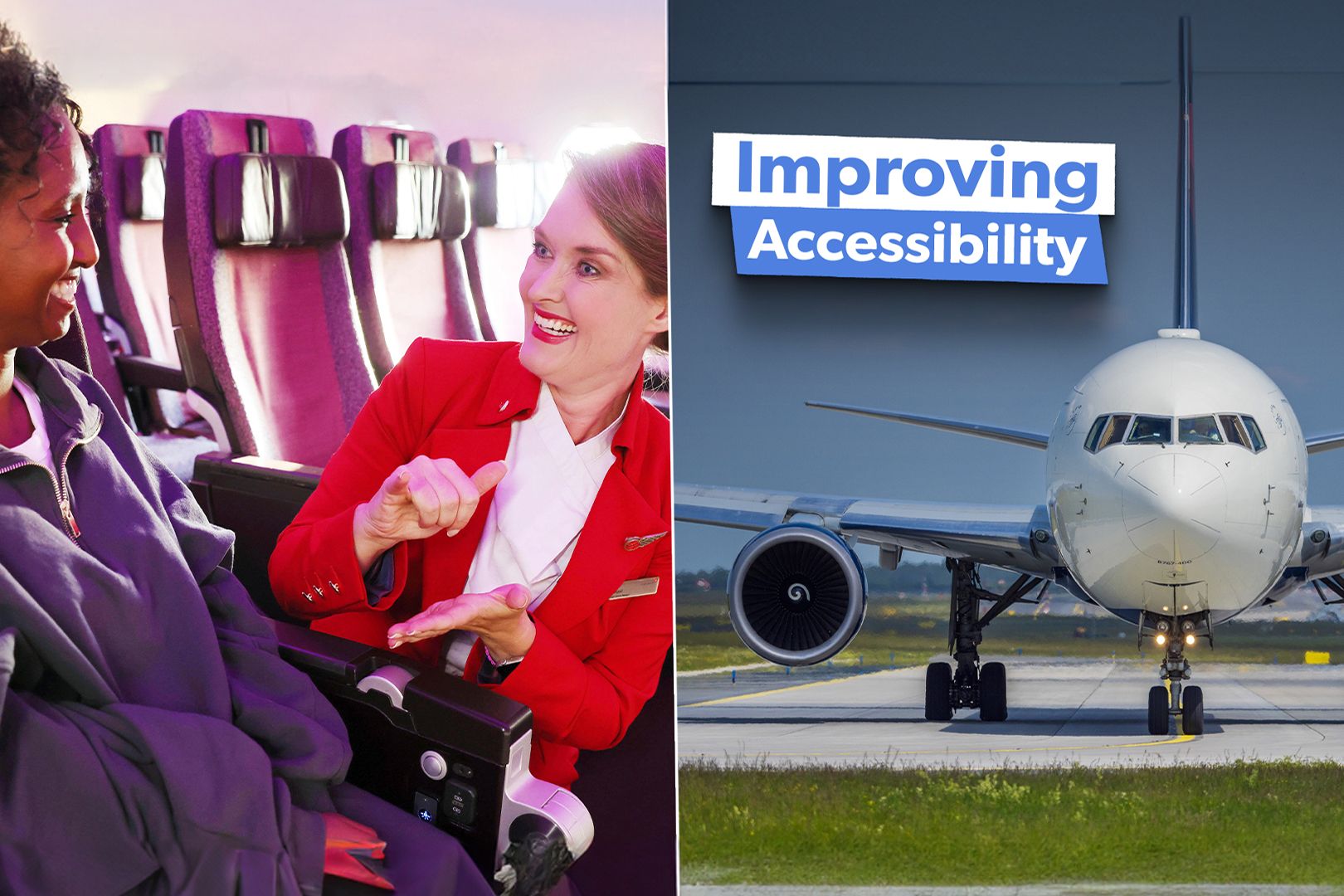Summary The airline industry aims for holistic accessibility collaboration. Airports and airlines use sign language to enhance deaf travelers' experiences. Various airlines employ unique strategies, like BSL-trained crew, to ensure accessibility.
Accessibility requires significant collaboration among aviation industry partners. The International Air Transport Association (IATA) states that the travel industry is dedicated to enhancing accessibility for passengers with both visible and hidden disabilities. The World Health Organization (WHO) has estimated that over 1.
3 billion people live with some form of disability, which constitutes approximately 16% of the world's population. Therefore, much progress is still needed to ensure the industry becomes fully inclusive. There have been instances where airline or airport staff have failed to accommodate passengers with disabilities adequately .
This article will focus on one specific area: how and which airports and airlines are using sign language to improve accessibility for deaf passengers. 1 Virgin Atlantic The first in the UK to offer a British Sign Language (BSL)- trained cabin crew Virgin Atlantic has proven its commitment to deaf and hard-of-hearing passengers. Indeed, the airline is the first in the UK to offer a British Sign Language (BSL)- trained cabin crew.
To mark the International Week of Deaf People in September 2024, the British airline invited three special guests on a flight from London to Washington, DC. The go.


















